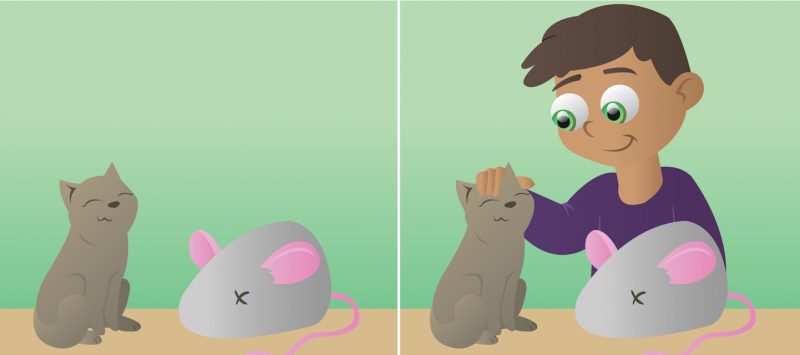Abstract:
When we interact with others, the context in which our actions take place plays a major role in our behavior. This means that our understanding of objects, words, emotions, and social cues may differ depending on where we encounter them. Here, we explain how context affects daily mental processes, ranging from how people see things to how they behave with others. Then, we present the social context network model. This model explains how people process contextual cues when they interact, through the activity of the frontal, temporal, and insular brain regions. Next, we show that when those brain areas are affected by some diseases, patients find it hard to process contextual cues. Finally, we describe new ways to explore social behavior through brain recordings in daily situations.


